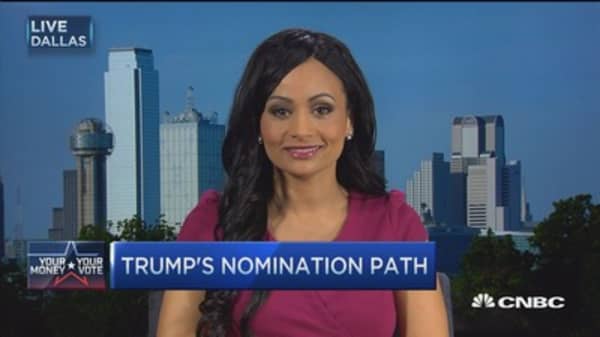Justinian I, a Byzantine emperor known as "the emperor who never sleeps," made it his goal to restore the Roman Empire to its former glory. He spent much time and many resources to achieve that end.
Justinian was successful at recapturing the empire's lost territory, but never fully regained the its lost glory. Some historians have suggested that Justinian's land grab actually hastened the final decline of what was once the Western Roman Empire, which, after his death, was re-conquered by the very people Justinian drove out.
This took place in the sixth century but it seems to be playing out all over again, more than 1,000 years later, with Donald Trump. Now that Trump is the likely nominee, he needs to change his message to unify the party – and the nation. Trump's vision for the nation is backward looking. Restoring greatness has always been a fool's errand, as Justinian, and many other rulers have often discovered. Trump should learn from the mistakes of Justinian and others who have gone before him.













